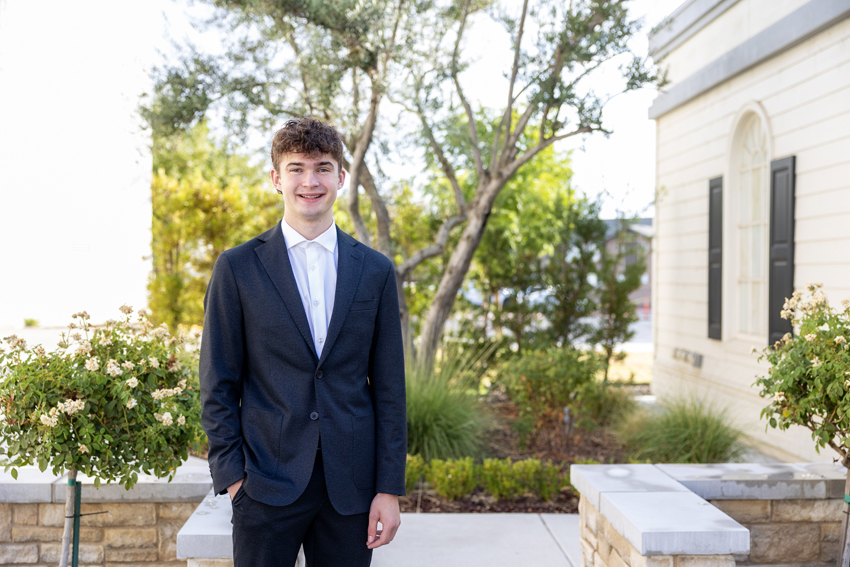Hidden in the enticing and historical world of literature, a window to human nature exists. Writers of the past and present bring stories to life through conflict and devices such as romance, comedy and tragedy.
Although novels, plays and the like draw devotees for obvious entertainment reasons, I have often wondered why some works are so absolutely captivating.
Amid my analyses, the thought occurred to me that this window may not be so hidden after all. In Greg Stobbe’s freshman Honors English class last year, a common theme of human nature developed in the various novels, short stories and poems we studied.
I came to discover that authors insinuate relatable characters and circumstances into their compositions to attract people with similar situations.
Too many times have I been reading and found myself thinking, “That is exactly like me,” or, “I know someone just like this character.” Realizations like these attract me to stories, as I enjoy relating my life to fiction or recognizing somebody I know within the story.
To convey provocative points, writers Mark Twain and George Orwell commentated on society’s flaws, mocking stereotypical faults.
Orwell’s Animal Farm accentuated the dangers of communism transforming into dictatorships and facism with parallels to the Russian Revolution. Twain’s Huckleberry Finn derided hypocrisy of social groups and of Christianity.
I attribute partial, if not all, credit for the fame of these social commentaries to their thought provoking morals. The window becomes a mirror to the world in these novels, and readers are able to observe issues whether they agree with the author or not.
Orwell implemented personalities affecting the conflict of his story, parallel to historical and current events. Animal Farm emphasized the impact of propaganda through the manipulating pig, Squealer. Our class canvassed the usage of this maneuver in war and political campaigns as well as contemporary advertisement. His applications illustrated timeless themes alive in the far past, during Orwell’s time, today and in the future.
William Shakespeare’s ability to capture human nature has always astounded me and won my utter respect. His observations range from lighthearted romances to tragic murders.
While writing As You Like It, a romance about two whimsical individuals, the Bard’s daughter was in her teen years. He no doubt observed her emotional tendencies and developed characters and tones. As a result of great insight, his shows won appreciation in his day, and in our day. I always admired Shakespeare’s expertise to administer realistic human actions and mindsets.
The “Queen of Crime,” author Agatha Christie, built up fame from her astounding mystery novels. She developed distinct personalities for her characters which aided in the progression of events. Christie often used stereotypical figures which defined the suspects in her puzzles. These stereotypes encourage my hunches as to “whodunnit,” since the hints enable me to apply what I read to whom I observe in the world around me.
The element of correlation appeals to me for entertainment value and moral lessons. I find the apparent window points out flaws in my own life; to show me where I often go wrong in choices made. The influence of cause and effect within a story gives an example of what might occur in similar situations for myself.
The importance of literature lies in its reflection of the world and its inhabitants. Through reading we are able to acquire information about life, human intentions and the nature of actions – factors necessary to comprehend our world.






